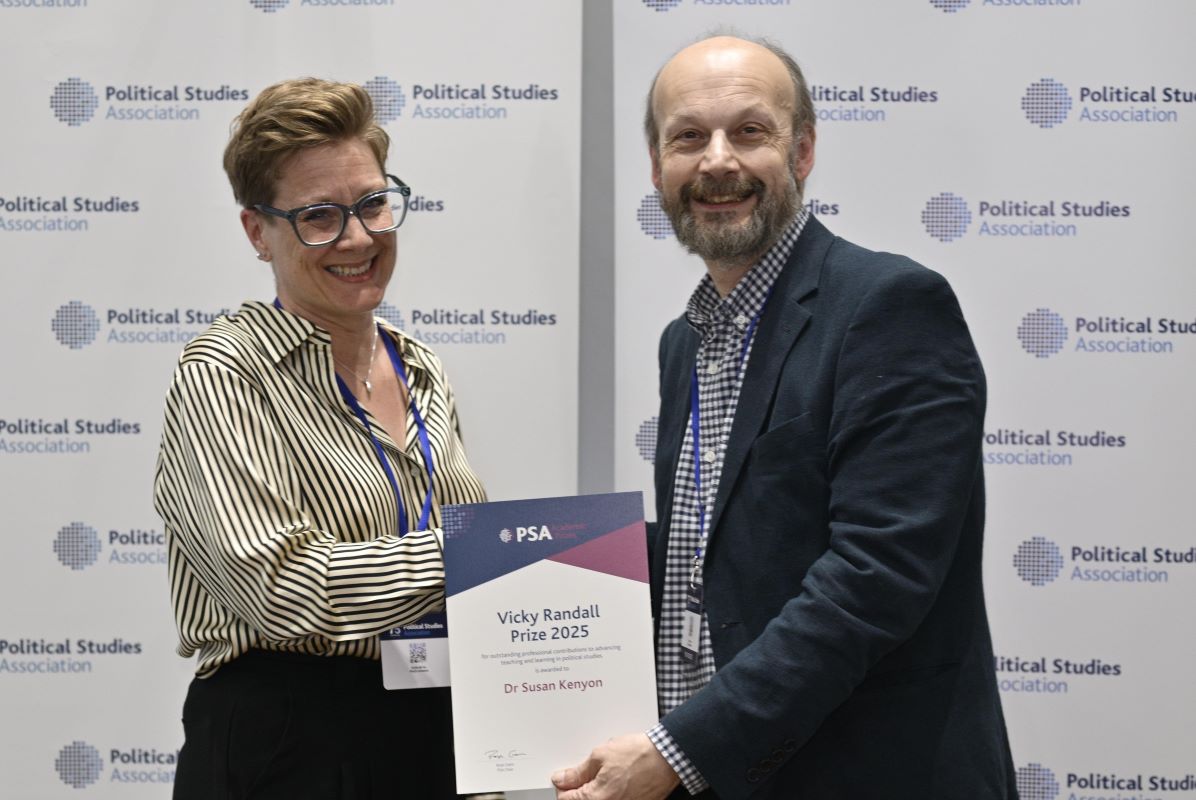Government proposals for teacher pay will extend decade long squeeze

Last week, the Department for Education published its evidence to the independent pay review body for teacher pay.
This includes proposals for teacher pay in 2022 and 2023, which will deliver on the Conservatives general election manifesto commitment to raise teacher starting salaries to £30,000.
As it stands, teachers in schools are currently paid over £9,000 more than college lectures on average, despite many college lecturers being highly specialist, having brought dual professionalism to their roles.
This has contributed to the worst staffing crisis in two decades in England’s colleges. Association of Colleges is pushing for government to work with the sector so that colleges can also pay their staff better and support them with their development.
Whilst proposals include large rises in school teacher’s starting salaries (16% between 2021 and 2023), the proposed increases for more experienced teachers are much lower (3% in 2022 and 2% 2023). This equates to an average award across all teachers of just under 4% in 2022.
With inflation rapidly rising, the government’s proposals for teacher pay in 2022 and 2023 would be forecast to deliver a 5% real-terms cut in salaries for more experienced teachers between 2021 and 2023.
‘The even longer squeeze on teacher pay‘, published today (11 Mar) by Luke Sibieta an IFS Research Fellow, shows that following on from more than a decade of overall real-terms cuts, this would lead to a 14% real-terms pay cut for more experienced teachers between 2010 and 2023.
In today’s prices, this is the equivalent of a pay cut from £46,000 to £39,000 for classroom teachers at the top of the pay scale between 2010 and 2023.
Whilst there are clear pressures on school budgets, there are also significant recruitment and retention risks from continued real-terms cuts to teacher pay. We conclude that a higher average pay award of 5% for teachers in 2022 seems affordable in the context of a £4 billion rise in core school funding in 2022-23.
Luke Sibieta, Research Fellow at the Institute for Fiscal Studies said:
“The government’s proposals for teacher pay in 2022 and 2023 would enable them to deliver on a manifesto commitment to raise starting salaries to £30,000. However, smaller pay rises of 2-3% per year for most other teachers are likely to represent real-terms cuts and would follow on from more than a decade of real-terms pay cuts. There is also a risk that the highly unstable geopolitical and economic situation pushes inflation higher still.”
“Whilst there are clearly significant pressures and demand on school budgets, schools need to be able to recruit and retain high-quality staff to meet those challenges. An increase in school funding of close to £4 billion in 2022 means there is room for a higher pay award within planned school budgets. A higher award than that proposed by the government may carry fewer risks than a lower one.”
Sector Response

Dr Mary Bousted, Joint General Secretary of the National Education Union, said:
“The IFS research and the worsening inflation outlook reinforce the NEU’s call for the restoration of the pay losses imposed on teachers and other educators since 2010.
“IFS points out that public sector workers have suffered from huge real terms cuts to pay over the past decade. In education this has already resulted in major recruitment and retention problems, and cuts to educators’ living standards.
“Teachers and other educators are key workers whose contribution to the pandemic response has been immense; the Government must protect their living standards instead of continuing to cut their pay.
“The real-terms growth rate in Department for Education funding announced for the Spending Review period (2022-23 to 2024-25) is 2% a year. This was already a slowing from the previous three-year period. The IFS estimates a quarter of the real-terms increase in spending will be wiped out through inflation. The education sector is set to lose out yet again.
“Teachers and other educators are already in the midst of a cost-of-living crisis even before the impact of higher inflation.
“They can’t afford any more pay cuts, but the Government can afford to invest in our public services including education.
“Cuts to public sector pay damage the private sector too, due to the reduced spending power of public sector workers.
“Cuts to education cause significant economic damage, because economic recovery depends on investing in the skills and potential of our young people.
“Government investment to protect our public services including education is essential, and that means restoring pay cuts instead of inflicting more of them.”
Ian Hartwright, senior policy advisor for school leaders’ union NAHT, said:
“It is right for the DfE to suggest a move towards finally getting to the promised £30K starting salary. But after many years of real terms pay cuts, including this year’s pay freeze, all teachers and leaders need their pay to be restored.
“The current suggestion for differentiated pay would mean that higher starting salaries for ECTs are essentially being paid for by lower uplifts for experienced teachers and leaders – making experienced professionals worse off. This would be yet another real terms pay cut for leaders while inflation is soaring and due to rise even further.
“8.0% and 7.1% over two years should be applied to all salaries, which would be a step towards restoring pay to 2010 levels. Once again DfE is failing to heed the many years of evidence from both unions and the STRB.”
This research has been funded by the Nuffield Foundation as part of the Institute for Fiscal Studies’ Education Spending grant (grant number EDO/FR-000022637). The authors gratefully acknowledge the support of the ESRC Centre for the Microeconomic Analysis of Public Policy (ES/T014334/1) at IFS.











Responses